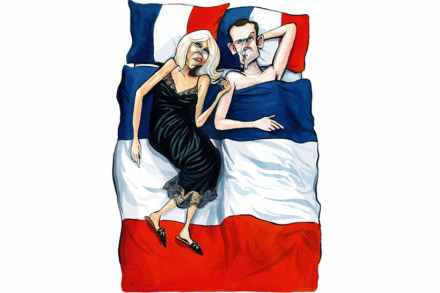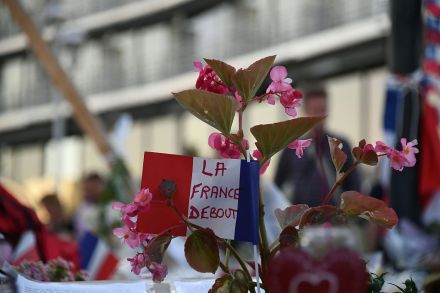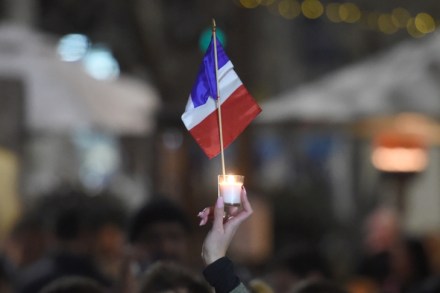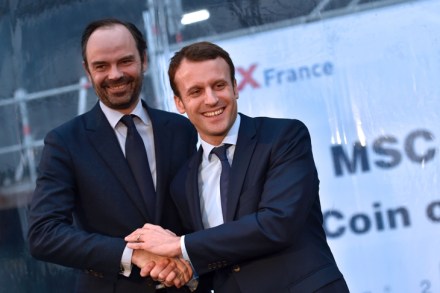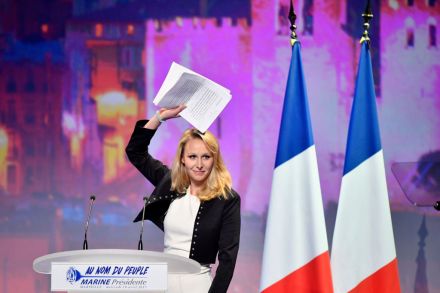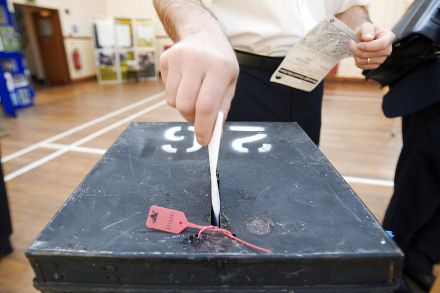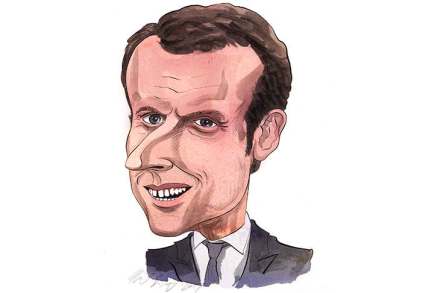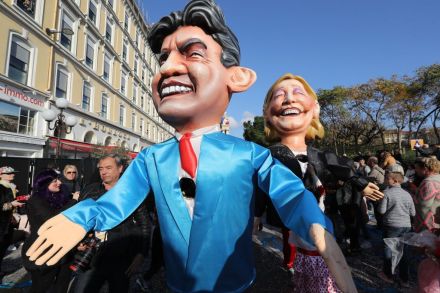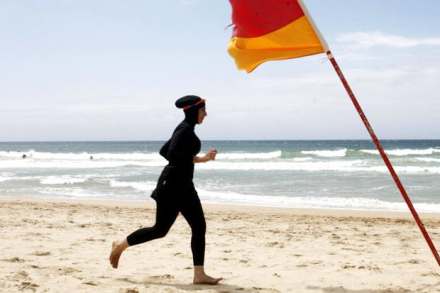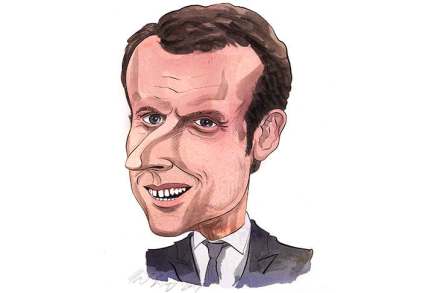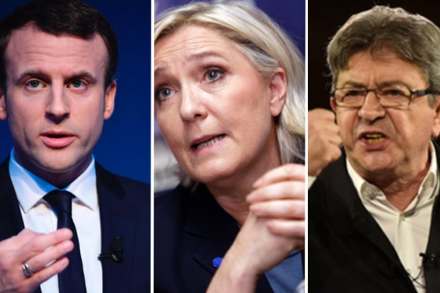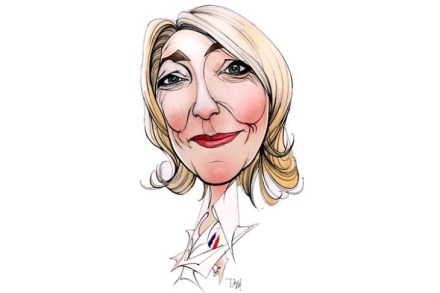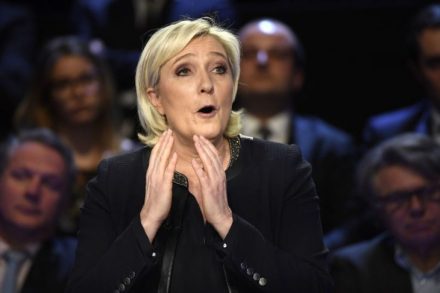The Spectator Podcast: Macron’s vanity fair
On this week’s episode we discuss whether Macron is losing his gloss, ask if the Brexit talks are heading in the right direction, and recommend how to get the best out of the Edinburgh festival. First, it’s been just over two months since Emmanuel Macron became President of France, and already cracks are starting to show. Swept into the Elysee Palace by a sea of young voters rejecting Marine Le Pen and the National Front, those same voters are beginning to turn on the centrist former banker who they reluctantly championed. So says Gavin Mortimer in this week’s magazine, where he laments the new President’s vanity, and he joins the podcast from Paris along
